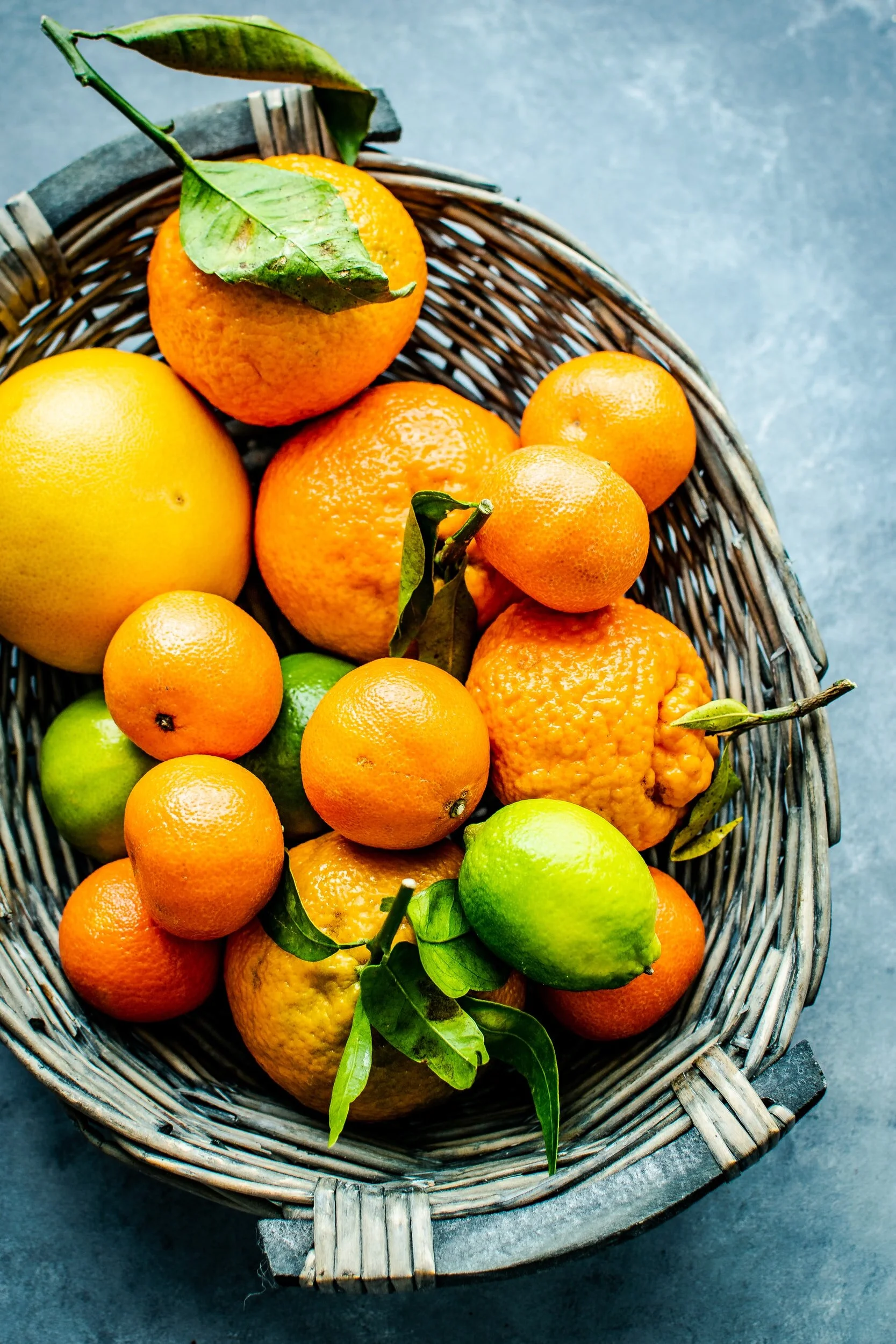Women's Health: 3 Progesterone-Supporting Foods You May Already Have
By: Dr. Hilda Gonzalez
Hormones largely control fertility and menstrual health. One of those hormones is progesterone.
What is progesterone?
Progesterone is a steroid hormone that prepares the endometrium for the potential pregnancy after ovulation. It also prohibits the muscle contraction in the uterus that would cause the body to reject an egg. It is the main hormone of the luteal phase, the time between after ovulation, and your period. Low levels of progesterone can present with:
Irregular or missed periods
Difficulty conceiving
Decreased sex drive
Abnormal uterine bleeding
Frequent miscarriages
Headaches and migraines
Anxiety and mood changes throughout the cycle
Why is progesterone important for fertility?
While there are many reasons why progesterone is important for fertility, the most important is that it supports a healthy libido, a very important component in fertility. So, if you are considering getting pregnant, but you don’t have much energy to try to conceive, you may need support balancing your hormones.
How to increase your progesterone?
While there are therapies that can help support your progesterone levels, there are also several foods that can help as well. These can be enjoyed alongside your current progesterone therapy or on their own. Of course, this is something you should discuss with your provider, as they can customize and support your individual needs.
Here are the 3 Foods you probably already have in your fridge:
AVOCADO
This delicious and popular millennial brunch staple is filled with phytonutrients, vitamins, fats and plant sterols. While avocados don’t contain progesterone, the plant sterols have been shown to block estrogen and absorption and promote progesterone production. Recommended daily serving for progesterone support:
1/4 of a medium avocado
CITRUS FRUIT
Citrus fruit such as oranges, mandarins, lemons, etc. contain antioxidants like vitamin C. Vitamin C has been shown to be vital for hormone production and maintenance as it stimulates the production of progesterone levels and resolves luteal phase defects. Eat 4 servings of fruit daily and make sure to include citrus among them. One serving is:
1 medium sized fruit OR
1 cup of cut-up fruit OR
¼ cup of dried fruit
DARK LEAFY GREENS
Dark leafy greens are rich in micronutrients, trace minerals, vitamins such as vitamin A, K and B vitamins. Aim for at least two servings daily. Two servings is:
1 cup raw OR
½ cup cooked




